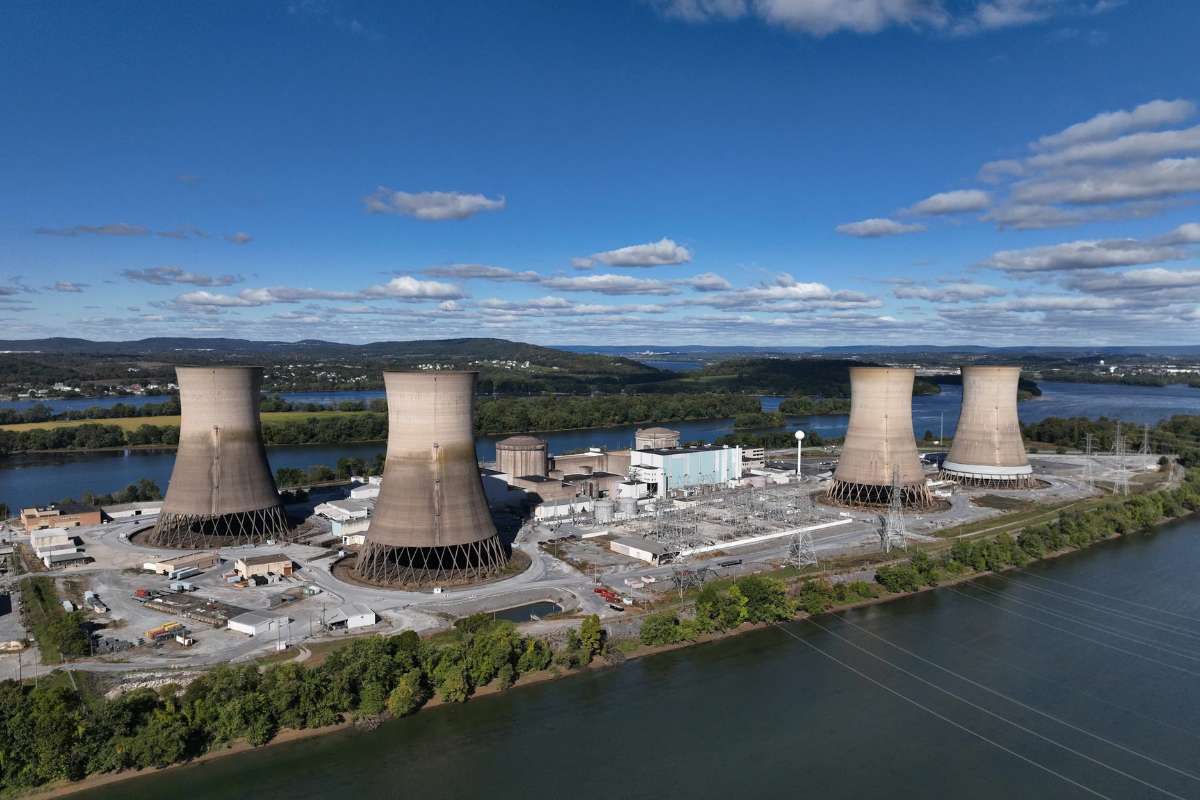Key Points:
- Google will restart Iowa’s Duane Arnold nuclear plant by 2029 to power its AI systems.
- The company signed a 25-year deal with NextEra for clean, carbon-free energy.
- Tech giants are increasingly turning to nuclear power to meet rising AI energy demands.
Google announced plans to restart the Google Iowa nuclear plant, the Duane Arnold Energy Center, to supply electricity for its expanding artificial intelligence infrastructure. The nuclear facility, closed in 2020, is scheduled to resume operations in 2029 under a new collaboration with NextEra Energy, the company’s partner in the project.
The announcement marks a major step in Google’s strategy to meet rising energy demands from data centers and AI systems while advancing its carbon-free energy goals. The companies confirmed the deal in a joint statement released Monday.
According to the statement, Google signed a 25-year power purchase agreement with NextEra Energy to secure electricity once the plant becomes operational. The facility will be fully owned by NextEra, which recently reached an agreement to buy out minority stakeholders in the project.
Ruth Porat, president and chief investment officer of Alphabet and Google, said the Google Iowa nuclear plant partnership “serves as a model for the investments needed across the country to build energy capacity and deliver reliable, clean power.” Porat added that the project aligns with Google’s commitment to expand its AI operations responsibly while contributing to job creation and economic growth in Iowa.
NextEra Energy chairman and CEO John Ketchum said the partnership would “accelerate the development of next-generation nuclear technology,” positioning both companies at the forefront of the clean energy transition.
Long-Term Energy Agreement
The Duane Arnold Energy Center, now called the Google Iowa nuclear plant, originally closed in August 2020 after more than four decades of service. It was one of several U.S. nuclear plants closed due to market pressures from low-cost natural gas and renewable energy sources.
Google’s decision follows a similar move by Microsoft, which last year entered into a 20-year agreement with Constellation Energy to restart the Three Mile Island plant in Pennsylvania. That plant, known for a partial meltdown incident in 1979, was shut down in 2019 but is now being redeveloped as the Crane Clean Energy Center.
The parallel initiatives by two of the world’s largest technology companies highlight a broader trend: the tech sector’s increasing reliance on nuclear power to sustain AI growth.
Rising AI Power Demands
According to the International Energy Agency (IEA), global electricity use by data centers—many of which support AI computing—could more than double by 2030. In 2024, such facilities consumed about 415 terawatt hours of electricity, or roughly 1.5 percent of global electricity demand. The IEA warned that future consumption levels remain uncertain due to the rapid pace of AI adoption and evolving technologies.
The restart of Duane Arnold is part of Google’s broader effort to secure clean, long-term power sources for its global data network. The company has also partnered with Elementl Power to develop three advanced nuclear power projects in the United States.
“As the U.S. enters a new era of innovation driven by AI, this collaboration enables Google to grow its business responsibly,” the joint statement said.
If completed as planned, the Google Iowa nuclear plant will be one of the first previously closed nuclear facilities in the U.S. to return to service in support of AI operations. It underscores how major technology firms are turning to nuclear power as a stable, carbon-free energy solution in the face of growing computational demands.
The Duane Arnold project is expected to contribute significantly to Iowa’s clean energy capacity while reinforcing national efforts to modernize nuclear infrastructure. Industry observers say the development could influence future policies around energy security, sustainability, and digital expansion.
At a time when AI workloads continue to rise sharply, Google’s investment signals that the convergence of nuclear power and technology may soon play a central role in shaping the energy landscape of the next decade.
Visit more of our news! Oil Gas Energy Magazine












